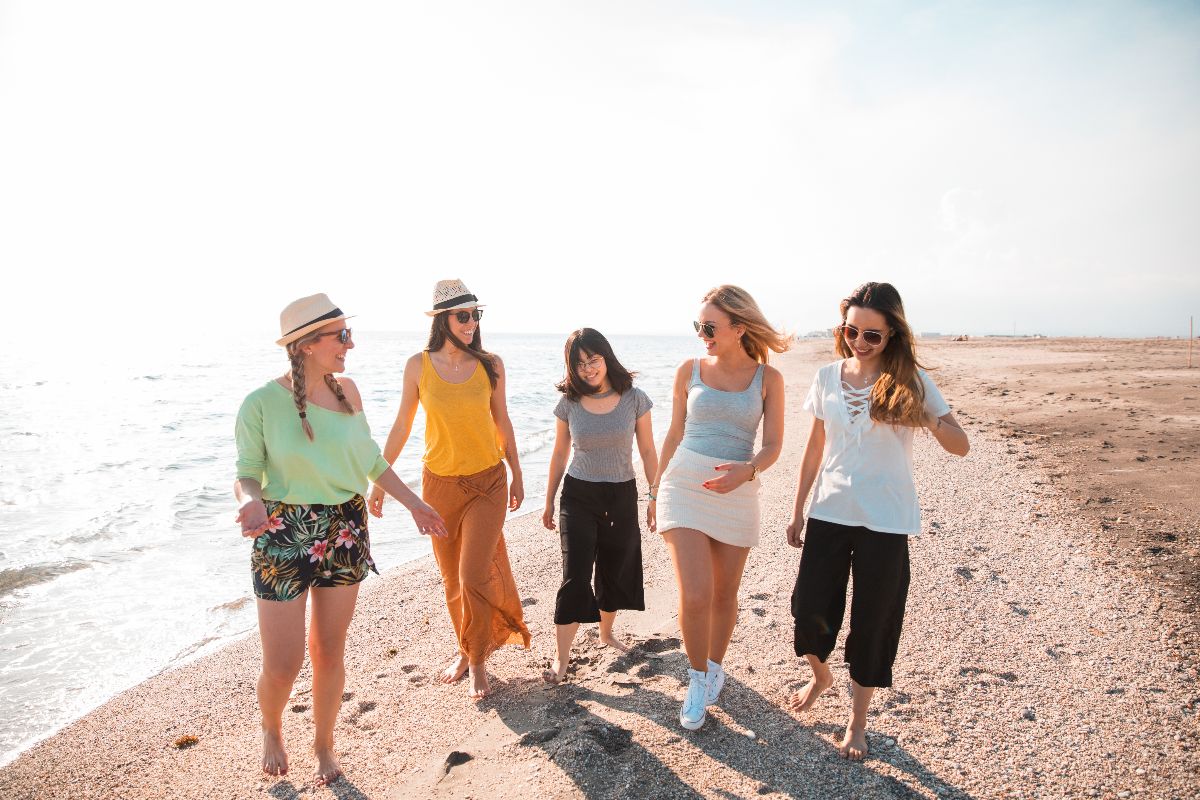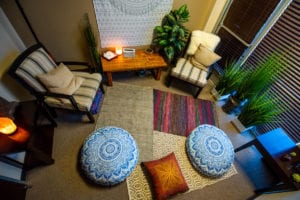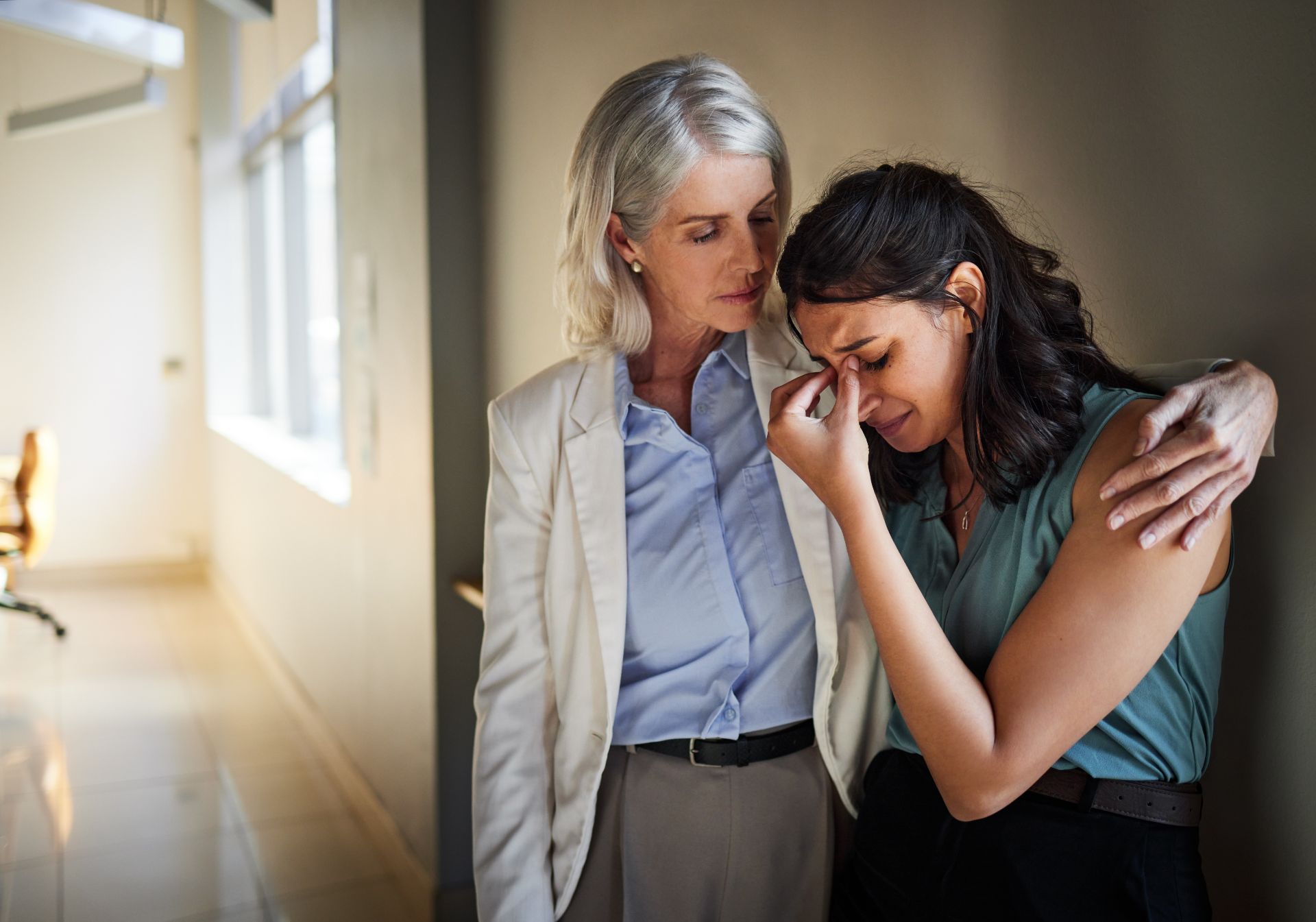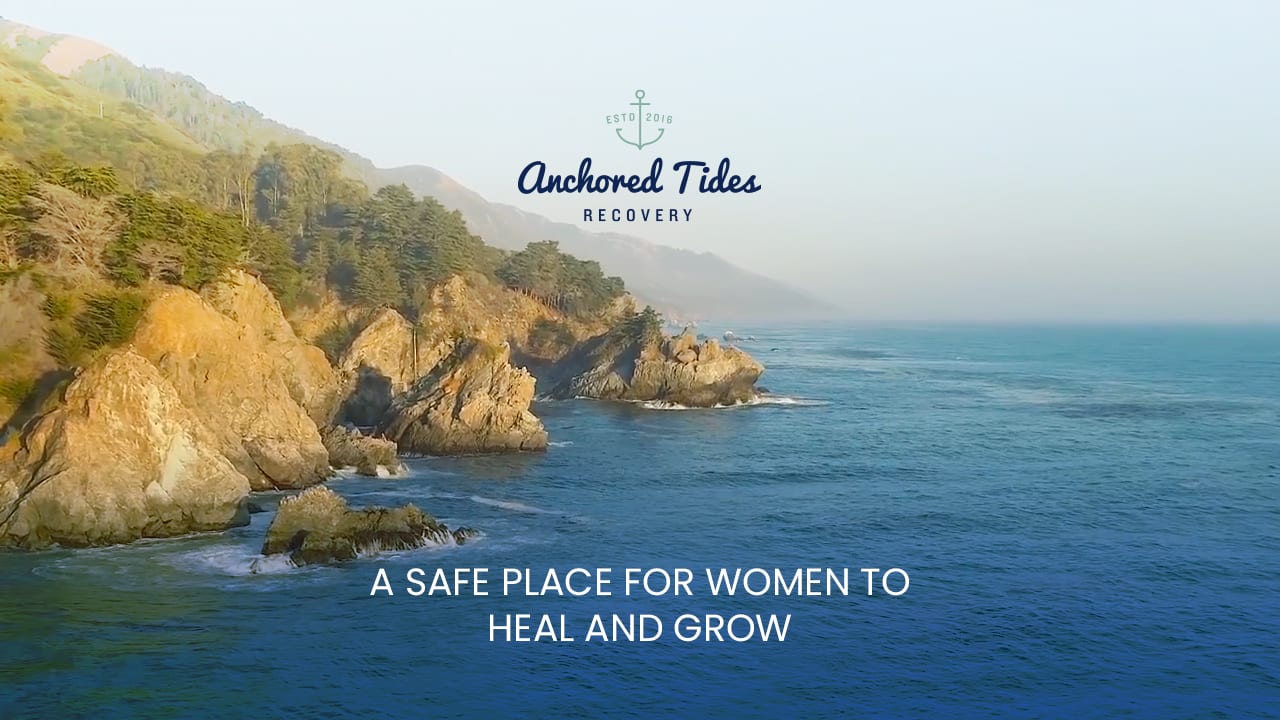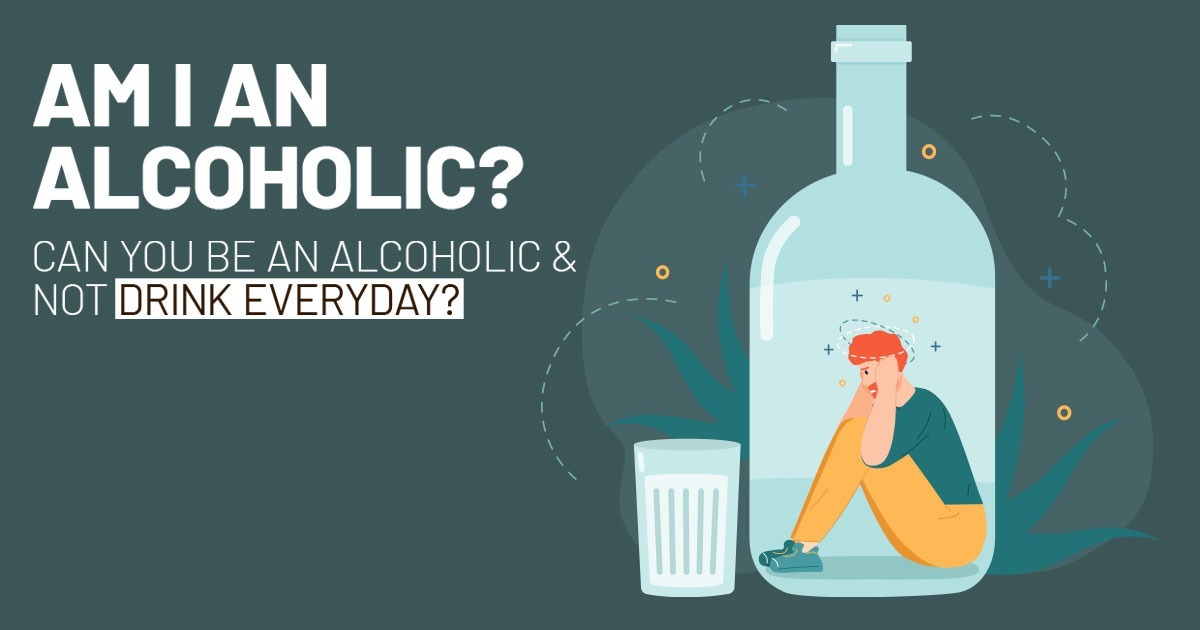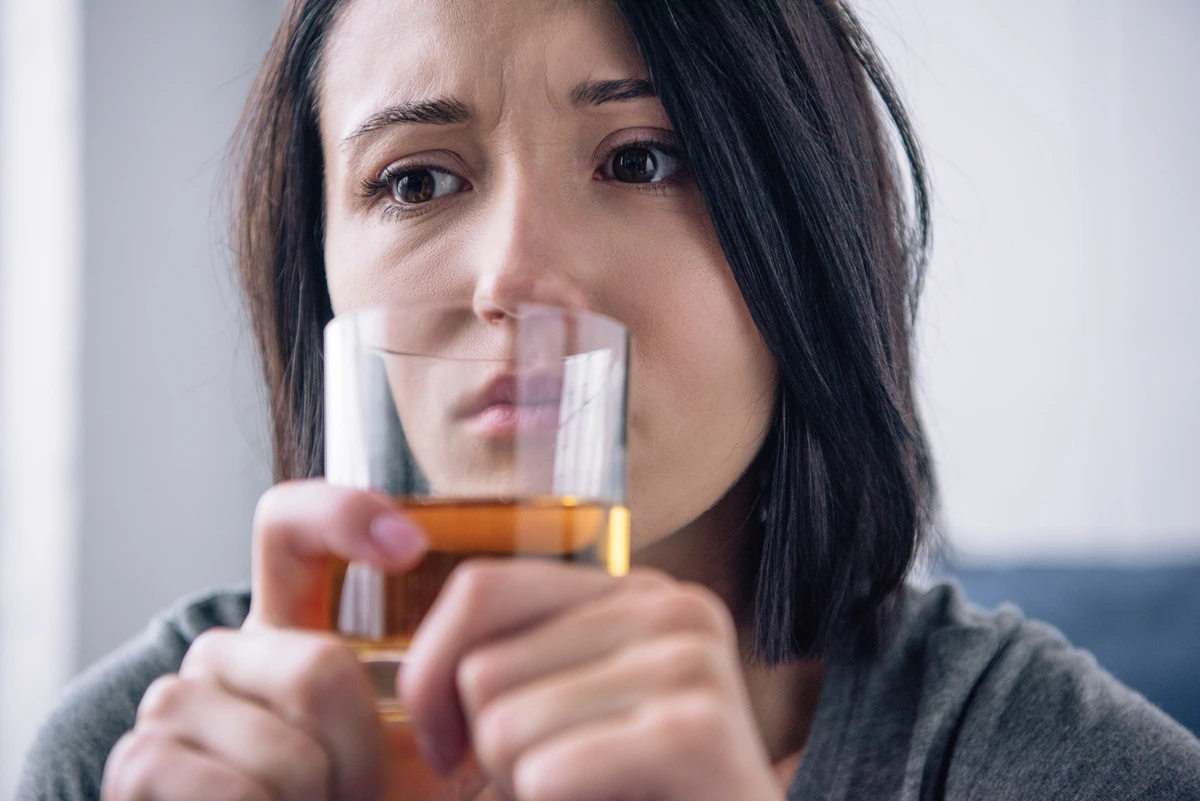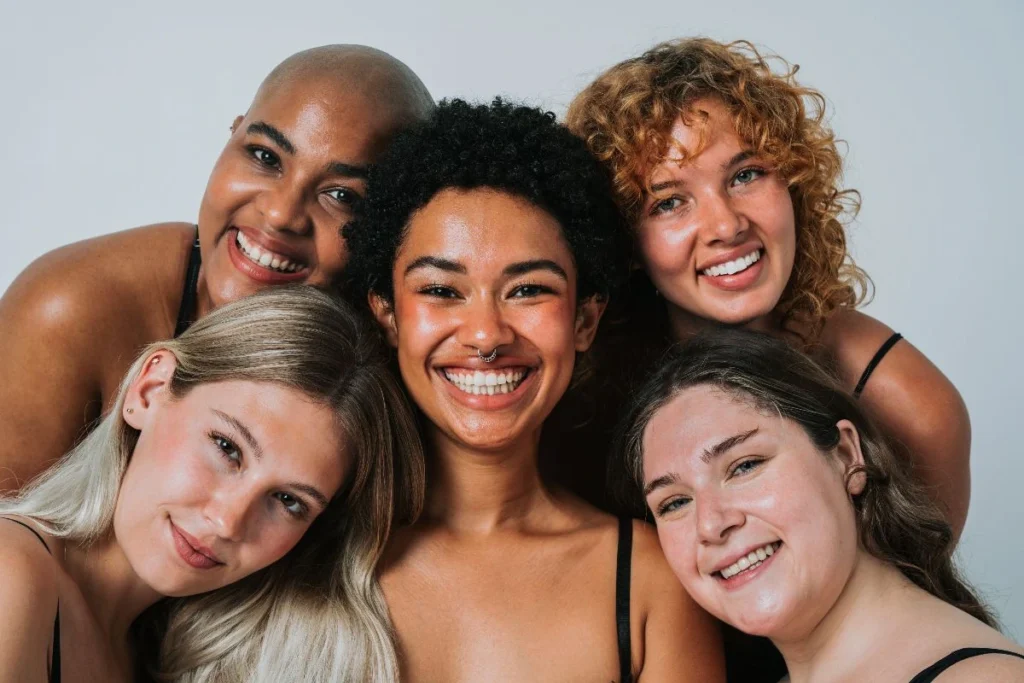Seasonal Support, Emotional Resilience, and Recovery That Lasts
As the days grow shorter and routines shift with the return of school and the approach of the holiday season, fall can be an emotionally complex time for many women in recovery. What might look like a cozy, nostalgic season from the outside often brings deeper challenges beneath the surface, especially for those navigating early sobriety or managing a dual diagnosis.
At Anchored Tides Recovery, we recognize that fall is one of the most vulnerable seasons for women in recovery. But we also believe it can be one of the most empowering—with the right support, self-awareness, and planning.
The Hidden Emotional Weight of Fall
From the outside, fall can seem peaceful—changing leaves, warm drinks, pumpkin-scented everything. But for many women, it also signals a return to:
- Back-to-school stress: For mothers, students, and caretakers, the new school year brings chaotic schedules, emotional labor, and increased responsibilities.
- Shorter daylight hours: Less sunlight can trigger symptoms of Seasonal Affective Disorder (SAD), including low mood, fatigue, and cravings.
- Holiday anxiety: As Thanksgiving and the winter holidays approach, unresolved family dynamics and financial strain can amplify emotional distress.
- Grief anniversaries: Fall often marks the anniversary of losses, breakups, or past relapses, making the season emotionally charged.
These subtle but powerful changes create fertile ground for emotional vulnerability—and if not addressed, can open the door to relapse.
Common Relapse Risks for Women in Fall
Understanding seasonal relapse triggers is the first step toward prevention. Some of the most common risks for women during the fall include:
1. Emotional Isolation
With colder weather and busy schedules, social interactions often decline, leaving women feeling disconnected, lonely, or forgotten.
2. Unrealistic Expectations
Women often feel pressure to “hold it all together” during back-to-school or holiday prep. Leading to emotional burnout, perfectionism, and guilt.
3. Increased Triggers at Family Events
From alcohol at gatherings to passive-aggressive conversations, family dynamics can quickly trigger feelings of inadequacy or trauma.
4. Co-occurring Disorders
For women with anxiety, depression, or trauma histories, fall stressors can exacerbate mental health symptoms, increasing the risk of self-medication.
5. Loss of Routine
As summer ends, shifts in childcare, work, or school routines can create instability—especially for those who thrive on structure during recovery.
Practical Tips for Fall Relapse Prevention
Fall doesn’t have to be a setback—it can be a season of empowerment and deep self-care. Here’s how women can protect their sobriety this time of year:
1. Reinforce Your Routine
Stick to consistent wake-up, meal, and self-care times. Use calendars, reminders, or accountability tools to maintain structure.
2. Use Light Therapy or Sunlight Walks
Combat SAD by getting outside each morning or using a light therapy box for 15–30 minutes daily.
3. Name Your Triggers Early
Before the season ramps up, identify potential stressors—like certain family members, busy weekends, or alone time—and plan around them.
4. Attend More Support Meetings
Whether it’s in-person or virtual, increasing your meeting attendance during fall creates a buffer against emotional overwhelm.
5. Create a Seasonal Self-Care Plan
Include warm, nourishing meals, movement, journaling, and restful rituals that bring you joy—especially when motivation dips.
6. Speak Openly with a Therapist or Sponsor
Don’t wait until you’re “in crisis.” Regular check-ins offer reflection, insight, and emotional validation.
Anchored Tides Recovery: Your Partner in Seasonal Healing
At Anchored Tides Recovery, we know that relapse prevention isn’t just about willpower—it’s about preparation, community, and compassionate care that adapts with the seasons.
Our Partial Hospitalization Program (PHP) and Intensive Outpatient Program (IOP) are designed to support women through life’s most triggering transitions.
What we offer:
- Flexible scheduling to meet seasonal demands
- CBT and DBT-based relapse prevention planning
- Trauma-informed therapy to address family, grief, and holiday stressors
- Creative and holistic outlets including yoga, mindfulness, and adventure therapy
- A community of women who truly understand this season’s challenges
Whether you’re transitioning out of residential care or returning for a seasonal reset, our clinical team can help you create a personalized relapse prevention plan that works.
Frequently Asked Questions
Why are women more likely to relapse in fall?
Seasonal stress, emotional isolation, family pressures, and decreased sunlight can trigger mental health symptoms and relapse behaviors in women.
How can I prevent a fall relapse?
Build structure, use light therapy, engage in therapy or support groups, and proactively manage triggers with a personalized prevention plan.
What should I do if I feel myself slipping?
Reach out immediately—whether to a sponsor, therapist, or our clinical team. Early intervention can prevent a full relapse.
This Fall, Choose Resilience Over Relapse
Recovery is a journey—one that changes with the seasons. If fall feels heavy, you’re not alone. Anchored Tides Recovery is here to walk with you through the challenges and toward sustainable healing.
Call today to speak with our team about relapse prevention planning and seasonal support.
Outpatient Programs You May Be Interested In
Anchored Tides Recovery is proud to offer holistic approaches for your recovery journey:
Our licensed clinicians create personalized treatment plans based on what each woman truly needs. We don’t just teach skills. We help our clients transform.


